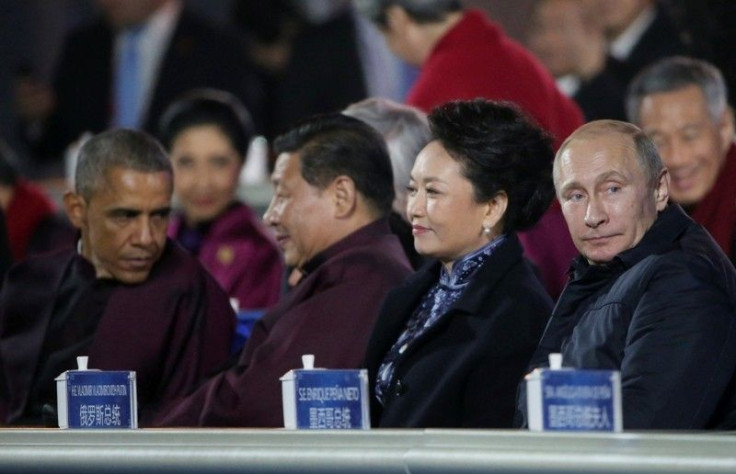US-China Climate Deal 'Positive' For Australia's Coal And LNG Sector

The climate change deal between the United States and China has been described as a "giant leap for mandkind" as two major economies agree to curb carbon emissions. U.S. President Barack Obama and Chinese President Xi Jinping signed an agreement that would see the U.S. cut emissions by 26 to 28 percent before 2025 and China by 20 percent in the same year.
In a joint news conference, Mr Obama said the U.S. and China have a "special responsibility" to lead the global effort against climate change. The deal with the U.S. was the first time China has agreed to do reduce its carbon footprint.
Mr Obama hopes that with the deal in place, other nations might follow their lead in addressing climate change so an international climate change agreement can be reached in the UN Climate Conference in Paris in 2015. UN Secretary General Ban Ki-moon praised the U.S.-China deal and remarked it was an "important contribution" in preparation for the global climate agreement in 2015.
Meanwhile, Australia's coal and natural gas industry may benefit from the U.S.-China climate deal despite earlier fears of exports decline. According to ABC, a prominent economist believes the deal might be positive for Australia. Bank of America Merrill Lynch economist Saul Eslake said China will continue to use Australia's fossil fuels "for some time to come."
Eslake remarked that China can substitute Australia's coal for its own coal production to achieve some of the commitments in the climate deal. Previous reports said Australian coal is cleaner and produces fewer emissions.The economist sees other possibilities like China needing more natural gas to increase its use of renewable energy. Eslake said Australia may have the opportunity to sell more liquefied natural gas to China since the country is Australia's biggest trading partner.
Australia's coal industry has been slumping for some time as coal prices drop to around $65 per tonne. Due to low demand, several mines in Australia have reduced their workers and scaled back coal production.
Most of Australia's natural gas head to Korea, Japan, Malaysia and other Southeast Asian countries. As China begins to develop a significant market, other natural gas producers begin to look at China as a lucrative market for years to come. Australia may be in competition with local producers as well as other emerging economies. Eslake agreed that high costs may put Australia's natural gas industry at risk as the country's LNG is 40 percent more expensive than the U.S., based on a report by the Business Council of Australia. He said if Australia wants to take advantage of China's growing market, it has to do something about its cost structure.




















